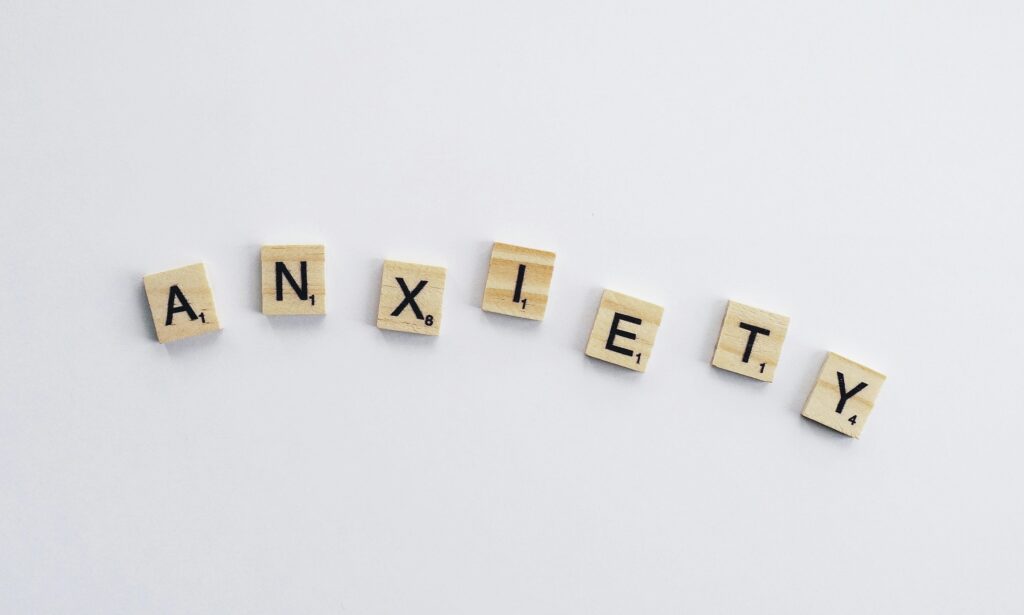Cognitive Behavioral Therapy

Cognitive Behavioral Therapy (CBT) is a highly regarded form of psychotherapy that helps individuals understand the connection between thoughts, feelings, and behaviors. By combining cognitive and behavioral therapy techniques, CBT enables people to recognize negative thought patterns and develop healthier responses to life’s challenges. At Malaty Therapy, our Houston-based therapists use CBT to help individuals […]
How a Psychologist Can Help You?

A psychologist is a highly trained mental health professional with advanced expertise in human behavior and clinical assessment. Using techniques such as psychotherapy (talk therapy), psychological evaluations, and testing, psychologists help individuals manage mental health conditions and develop effective coping strategies. Whether addressing stress, relationship issues, anxiety, depression, or life transitions, psychologists provide personalized support […]
Finding the Best Therapist for Anxiety

When searching for a therapist for anxiety, it’s important to consider factors like specialization, therapeutic approach, and personal compatibility. Anxiety specialists can provide targeted treatment strategies, including cognitive-behavioral therapy (CBT), exposure therapy, and mindfulness techniques, tailored to your specific needs.This guide will help you understand the impact of anxiety, explore therapy options, and find the […]
Finding a Counselor: Your Guide to Quality Mental Health Care

At some point in life, most individuals face mental health challenges. These struggles can arise from work and family pressures, chemical imbalances, social stressors, or self-esteem issues. While self-care strategies can help, a professional counselor provides long-term support and tools for emotional well-being. Unfortunately, many people delay seeking help due to fear, uncertainty, or difficulty […]
A Guide to Couples Counseling

Are you experiencing communication difficulties in your relationship? Do you and your partner feel like you’re on different pages, leading to tension and misunderstandings? Are you struggling to make important decisions about your future together? If you answered yes to any of these questions, couples counseling could be the next step for you and your […]
Emotional Distress Mindfulness – Hit the Pause Button

The past month has been strange to say the very least. The normal day-to-day activities that we had grown so accustomed to, like attending school and work, grocery shopping, and meeting friends and loved ones for brunch or dinner has changed in ways we never could have imagined. For those of us who feel the […]
Relationship Therapy Lessons From A Couple’s Counselor, Part One

We don’t need experts to tell us that post-COVID-19 reality will see a rise in both birth and divorce rates. While some relationships may blossom as a result of this ‘time out,” many will find it difficult and may feel trapped. Relationship therapy from experts at Malaty Therapy in Houston, Texas can offer licensed guidance. […]

